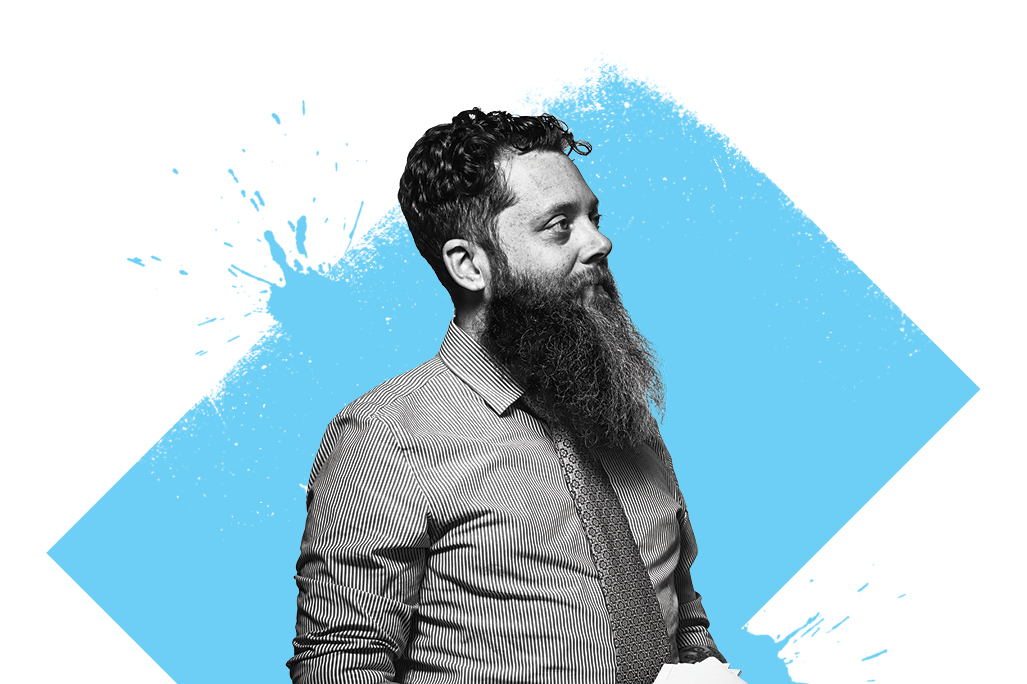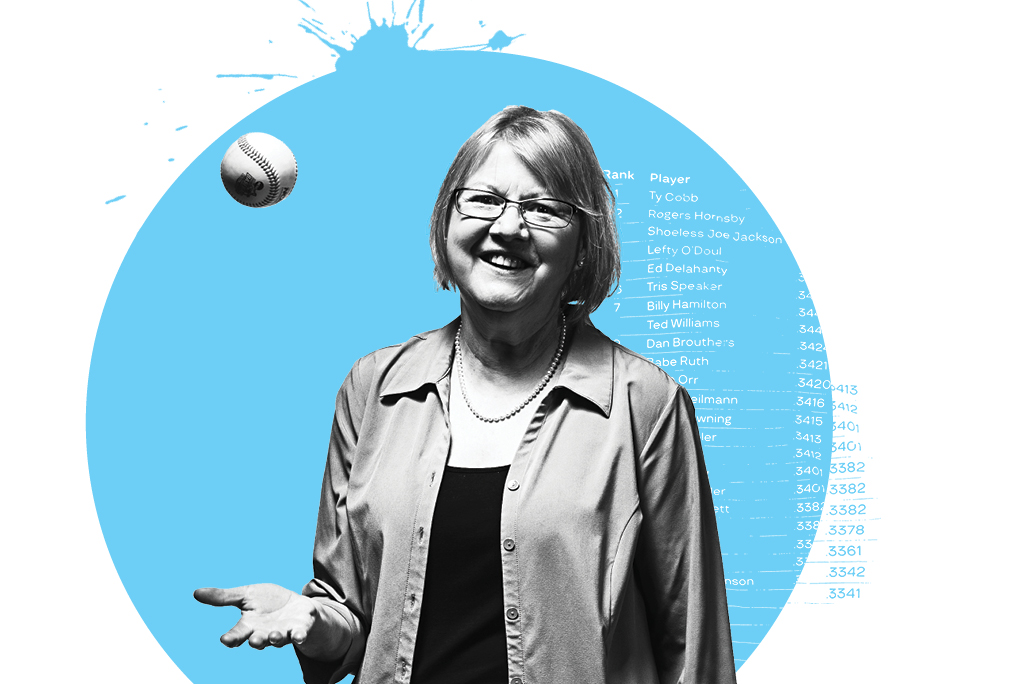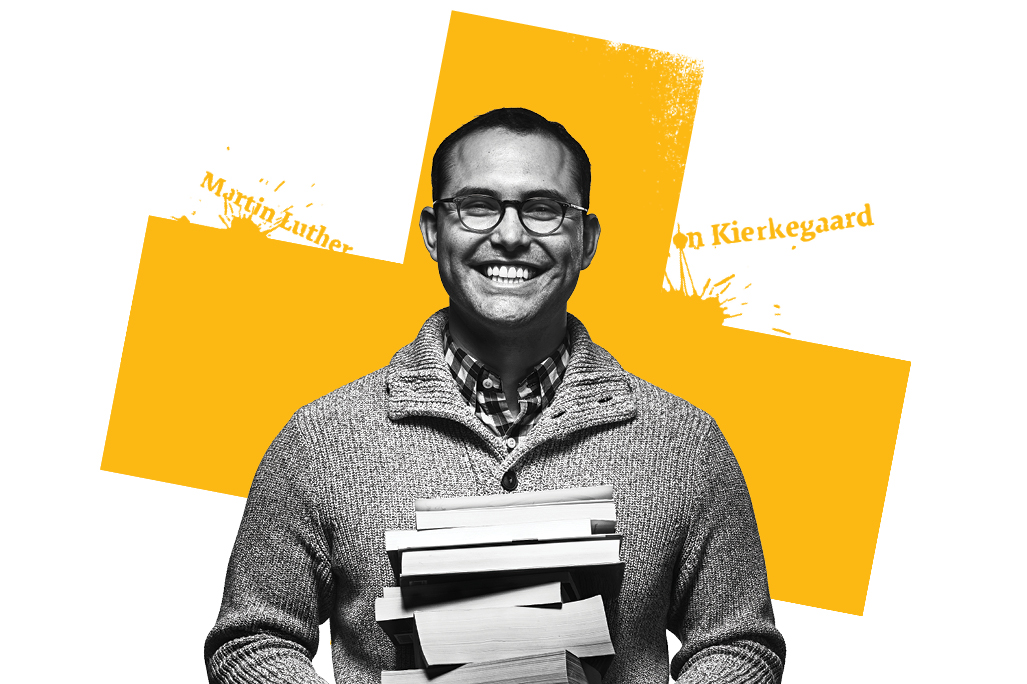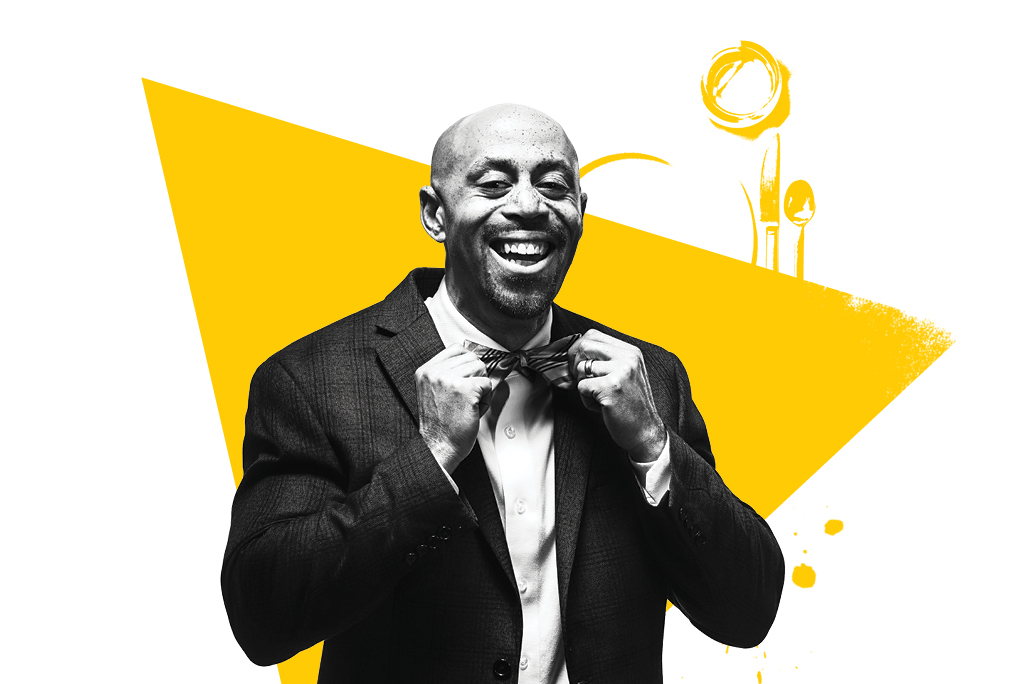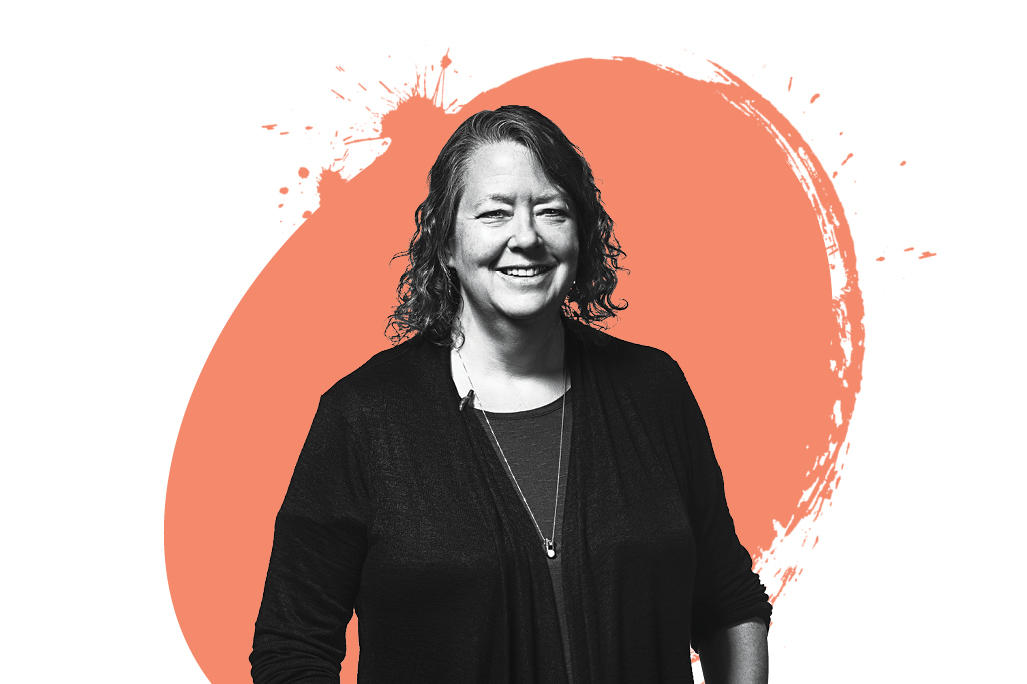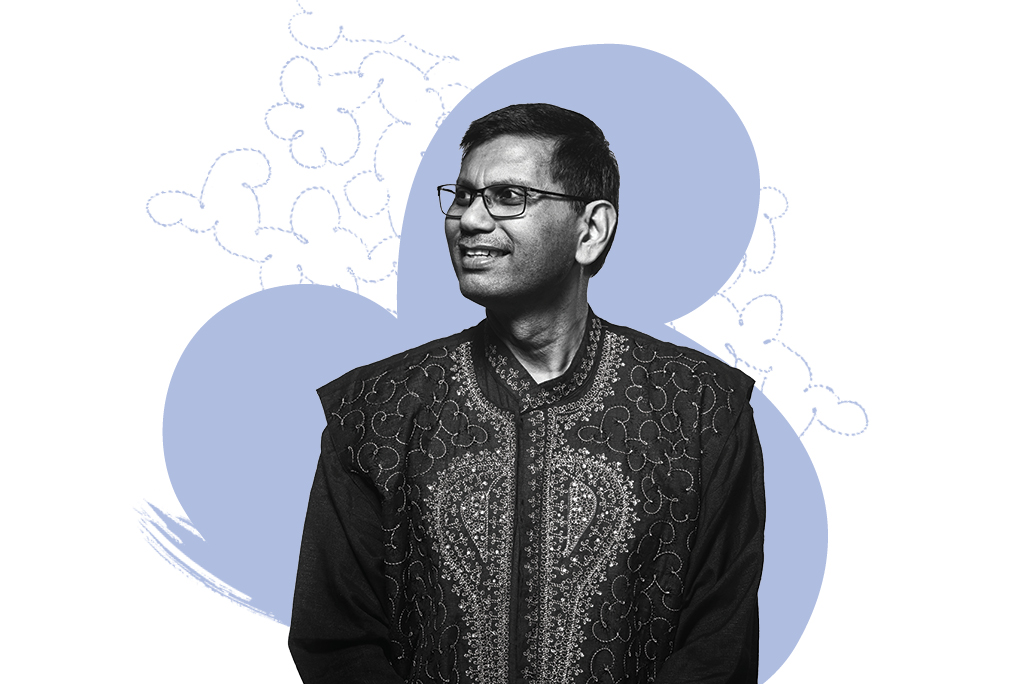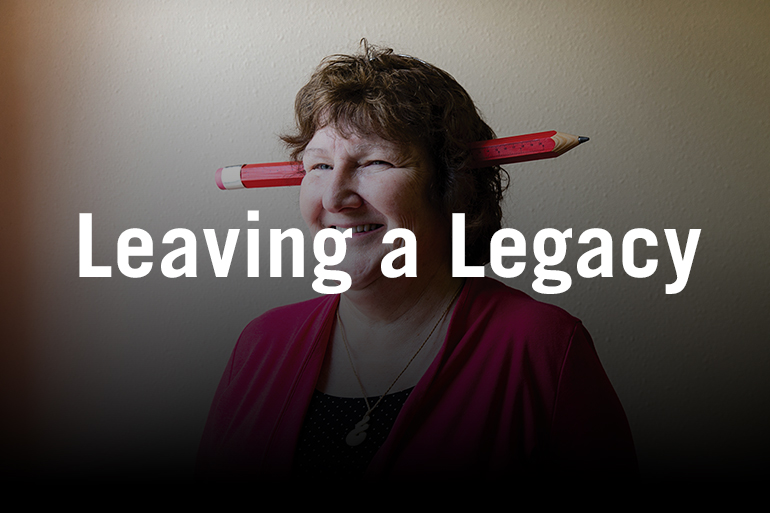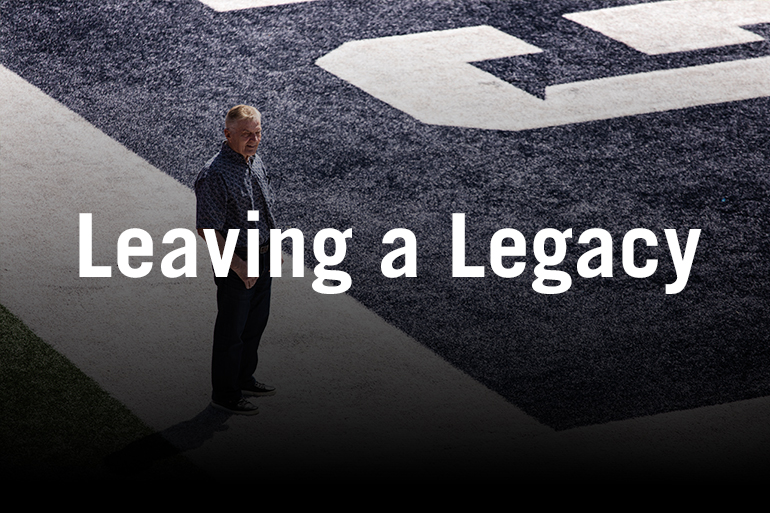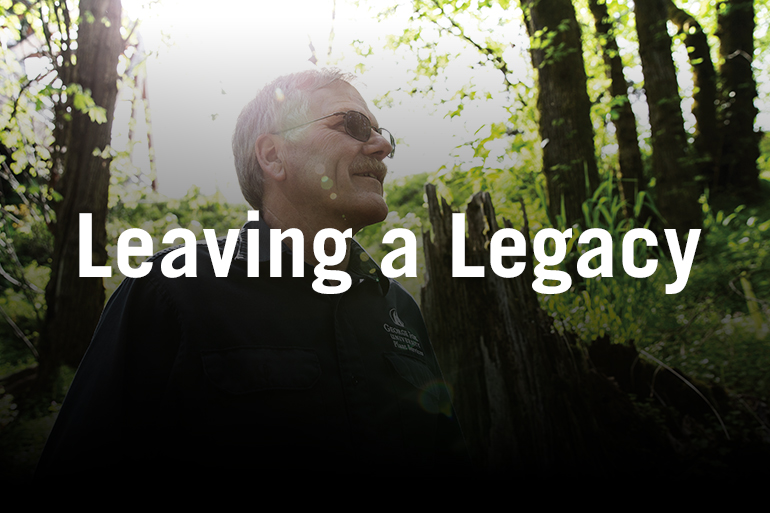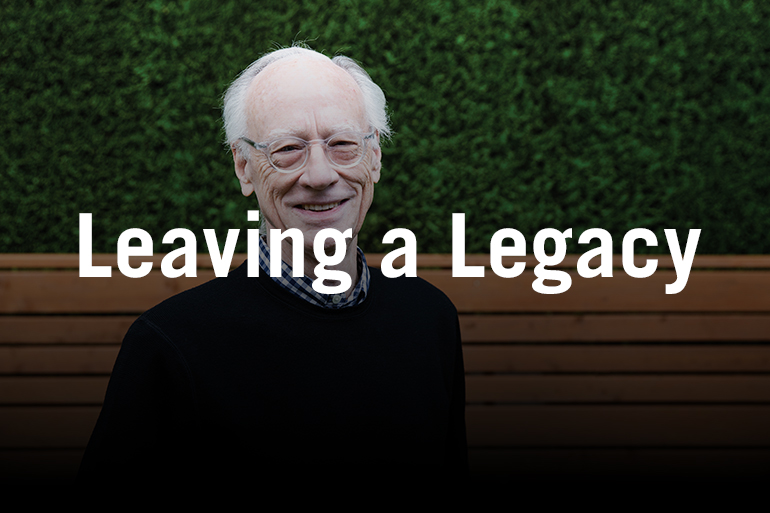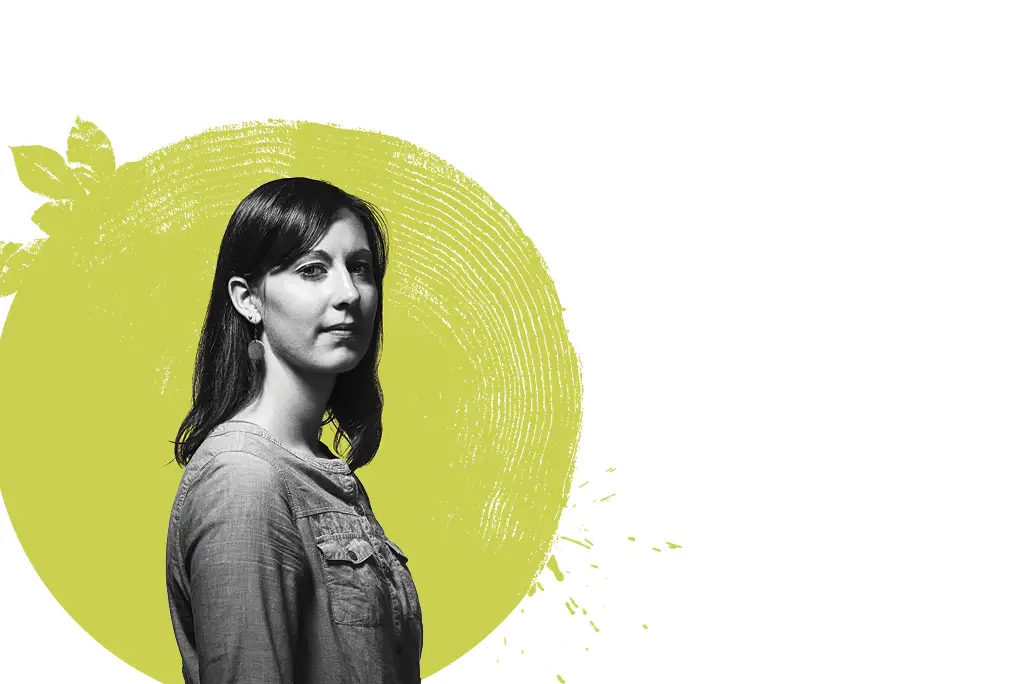
Why I Teach: Paige Parry
The biology professor chose George Fox twice over big-name institutions, opting to serve students and integrate her faith with a love for scientific research
By Richard McNeal
A
s a freshman in high school, Paige Parry knew exactly what she wanted to do: research. She also knew exactly what she didn’t want to do: teach. “I had absolutely no interest in teaching,” she recalls.
And with that goal firmly entrenched in her 13-year-old mind, Parry’s ambition and hard work during high school resulted in multiple scholarship offers from big-name, research-based institutions.
Instead, she chose George Fox.
“It was quite clear to me that George Fox was going to offer the academic training and stronger research experiences than other places,” she says. “To pair that with really growing my academic abilities from a faith-based perspective, it seemed like all those things that were most important to me were going to be offered there.”
Two years later, Parry had sped through her bachelor’s degree in biology at George Fox and enrolled in the ecology PhD program at the University of Wyoming, opting to skip pursuing a master’s degree altogether. It was an unorthodox approach, but she managed to convince her PhD advisor she was prepared and determined despite being, at just 20 years old, by far the youngest candidate in the program.
Research still her goal, Parry was intent on eventually landing a position at an R1 institution. “At R1 institutions, research is the highest emphasis and it’s very competitive, which means that teaching can be kind of an afterthought,” she says.
In other words, teaching was simply a means to an end – a way to strengthen her resume for future academic positions. “I want to do academic research, so I guess I’ll have to teach a little,” she thought.
Then Parry taught her first class.
“I really enjoy applying creativity to the process rather than using a standard lecture approach.... What activities, what metaphors can I use, what diagrams can I come up with that are really going to help students understand this material in a new way?”
“It was really rewarding to interact with students and actually see them learn something,” she says. “I found that was something that meant a lot to me. . . . I have this passion for generating knowledge [through research], but it’s so much less exciting when it’s knowledge that you just keep to yourself. Having the opportunity to then disseminate that knowledge and see students not only learn and understand it but, in some cases, get excited about it and care for it, was this really exciting process.”
Throughout the rest of her doctoral studies, Parry had opportunities to teach in both undergraduate classrooms and K-12 programs, and her perspective on teaching began to change. She also was discovering a creative side she particularly enjoyed.
“A lot of the fun for me was in thinking creatively about how I could write my lessons and teach my students the material,” she says. “I really enjoy applying creativity to the process rather than using a standard lecture approach. What specific things can I do? What activities, what metaphors can I use, what diagrams can I come up with that are really going to help students understand this material in a new way?”
Near the conclusion of her PhD program, Parry was awarded highly competitive funding from the National Science Foundation for post-doctorate work at Colorado State University, accompanied by a sizeable salary. Her dream of doing research at an R1 institution was being realized.
But much had changed since Parry first dreamed of a career as a researcher, including a fundamental shift in how she viewed teaching. So, instead, she choose George Fox for a second time – this time accepting a position beginning in the fall 2016 semester as a biology professor at her alma mater.
“That decision was motivated by thinking about experiences I had at George Fox and the way that professors were able to integrate their faith into their teaching and research,” she says. “That’s always been central to what motivates what I do.”
Two years later, Parry knows she made the right decision.
“I don’t think there will ever come a day when I don’t entirely love research and the process of science. It’s just a blast for me. It doesn’t feel like work,” she says. “But God has been putting new desires on my heart and new passions for my students. ... I wouldn’t be surprised if he continues to do that. I think the work that I’m doing here is a big part of God’s calling for me.”
Bruin Notes
- Adult Degree Programs Now Offered Online
- Building Momentum
- University Procures a Biblical Masterpiece
- In Print
- Nutrition, Exercise Classes Offered During Health & Wellness Week
- Recent Recognition
- New RN-to-BSN Program Set to Launch in 2019
- Spring Sports Roundup
- Student Spotlight: Anastasia Reinhardt
- Student Spotlight: Marlina Serratos
- Bruin Swim Team Prepares for Inaugural Season
- Tax-Aide Program Provides Tangible Service to Community
- Textbook Affordability Program Saves Students Nearly $800,000
- University Recognizes Top Teachers, Researchers for 2017-18
Alumni Connections
- Kasler Puts Civil Engineering Degree to Work on Campus
- Ostrom Reaches Semifinals of Golf Channel’s ‘Shotmakers’
- Life Events
- News, by Graduating Year
- Henderson Works to Achieve Comprehensive Healthcare through the Well Being Trust
- After Completing Doctoral Degree at 80, Anding Ready to Help Those Suffering from Addiction
- Send Us Your News



